Doctor of Art History Elisabeth Berry Drago devoted a long study to them in 2019 (1) and identified around forty of them. A good part is preserved in museum collections. Examples include the versions from the Rijksmuséum in Amsterdam (SK-A-489), the Louvre Museum (MNR 926), the Fitzwilliam Museum in Cambridge (351) as well as the paintings from the Science History Institute in Philadephia.
These images of alchemists earned Wijck great success, the esteem of his colleagues and the collectors of his time. Arnold Houbraken praised Wijck's skill and ingenuity. Horace Walpole paid Wijck many compliments, stating that his "best pieces" were paintings of "chemists and their laboratories".
ALCHEMY AND THE DUTCH GOLDEN AGE
When alchemy is mentioned, it appears shrouded in mystery, likened to magical cooking practiced by an initiate for a sinful purpose. Far from occultism and superstition, alchemy experienced a true golden age between 1450 and 1700. It is nothing other than the birth of modern chemistry, a sum of experiments carried out to deepen the knowledge of matter and define the properties, transformations and interactions of its constituents.
The alchemist is therefore not in search of a universal elixir or a philosopher's stone; and if he does not yet have access to the knowledge of the atom, his fundamental job consists of finding utility in the natural elements that surround him. The alchemist plays an important social role, and speaks daily to both social elites and the most humble artisans. It facilitates the work of the pharmacist, the doctor, the dyer, the brandy manufacturer, the craftsman, etc.
In a growing art market in the Netherlands, where images are multiplying, views of alchemists at work constitute a new and appreciated image. However, until Thomas Wijck, these views were often satirical. They condemn the greed of a prince or the charlatanry of a doctor. (Cf. Pieter Bruegel, The Alchemist, Lebeer.27 i)
The workshop of Thomas Wijck and his alchemist take the opposite view of the mocking images painted until then. Wijck's alchemist is not a ragged, bankrupt peasant warming himself at his stove. He is a scholar. His well-trimmed beard and fur robe, and his dignified demeanor, make him more closely resemble the portraits of Erasmus of Rotterdam. Files of notes and piles of pierced letters hanging here and there, open works show that Wijck's alchemist is a reader and a writer, a scholar in short. He is also a business leader, directing his eyes over his apprentice who is shaking a pestle.
Certainly the hastily opened books pile up to clutter the foreground of the image. A crowd of heterogeneous objects are piled up, placed or suspended. Frame, reptile on the ceiling, cage, containers and instruments of all kinds leave a first impression of disorder. The cracked earthenware pot on the table reinforces this feeling of chaos. But this overflowing generosity rather reflects the laborious manual work of the alchemist, the practice without which erudition would be in vain. Rather than evidence of madness and ruin, the broken container becomes a sign of possible transformation.
And the studious calm of the alchemist sitting in the middle of all this hubbub says a lot about his determination to achieve his goals. Wijck represents a microcosm, a world of work and curiosity, a world of research and attempts. A world of broken things to repair and doubts always overcome. By representing the alchemist working, producing something useful, ignoring disorder, triumphing over matter, the painter actually creates an image of the creative process.
PAINTING AND CHEMISTRY
This painting by Thomas Wijck demonstrates at the same time his mastery in mastering nature, in an illusionistic representation of textures and materials, light and form, and the capacity of painting to use alchemical products - pigments , solvents, etc. - to capture the practice of alchemy itself » The parallels between alchemy and art, particularly in the imitation and transformation of natural materials leads to the confusion of the two practices and the two figures of artist and alchemist. The boundary between the workshop and the laboratory is becoming tenuous. This pictorial innovation provided Wijck with a curious and new theme that consolidated his reputation as an “ingenious” creator. She places her work, and our painting, within the Dutch continuum of illusionist rhetoric and practice, where the works, however, are not simply picturesque scenes, but inspiring sources of reflection and contemplation.
(1) Painted Alchemists: Early Modern Artistry and Experiment in the Work of Thomas Wijck. Elisabeth Berry Drago. Amsterdam Studies in the Dutch Golden Age. Amsterdam University Press, 2019.








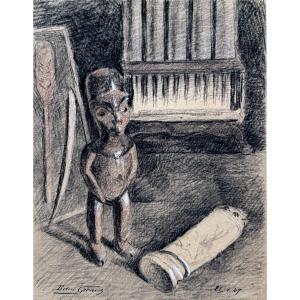


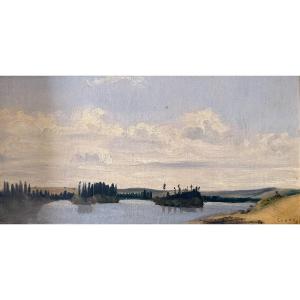

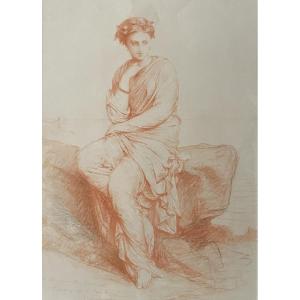


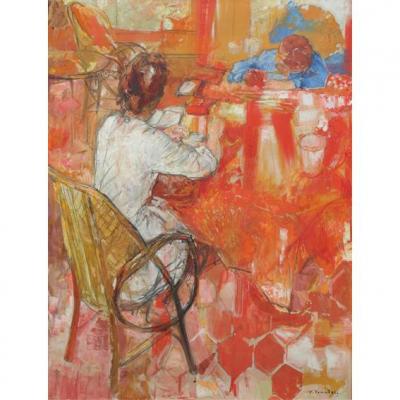
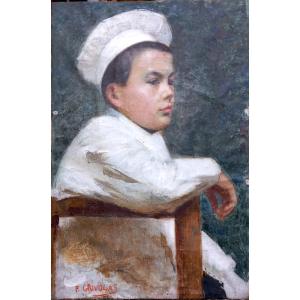





 Le Magazine de PROANTIC
Le Magazine de PROANTIC TRÉSORS Magazine
TRÉSORS Magazine Rivista Artiquariato
Rivista Artiquariato
